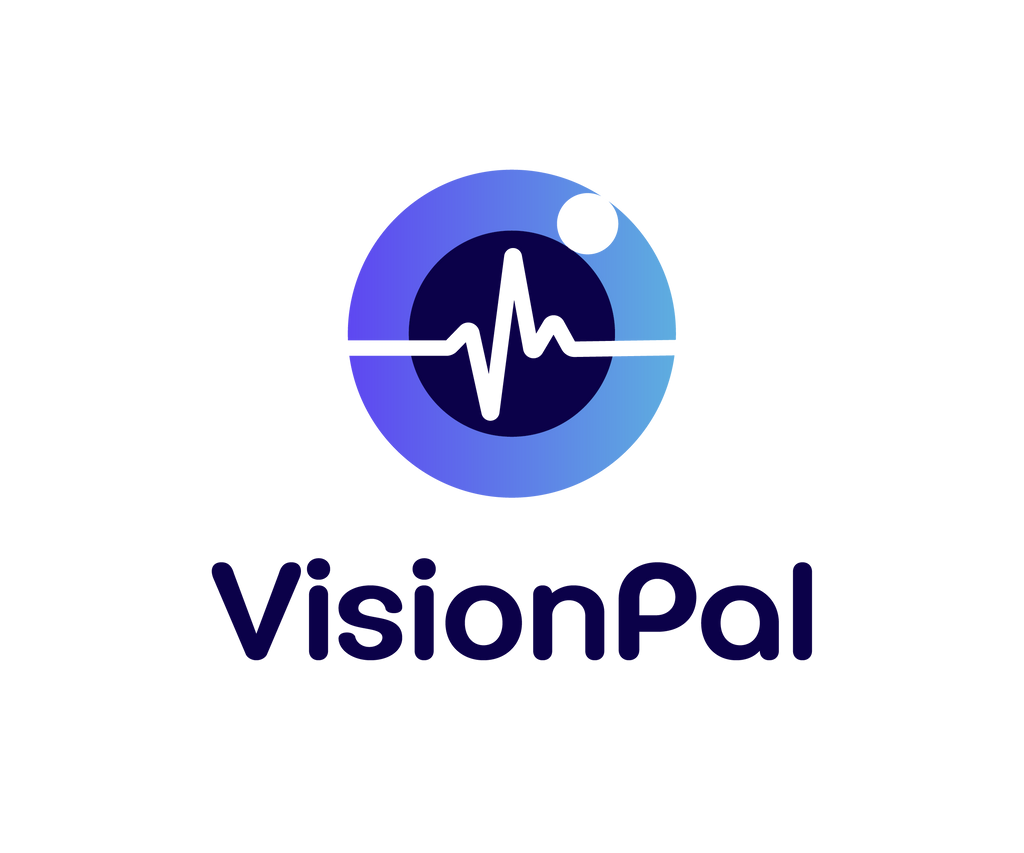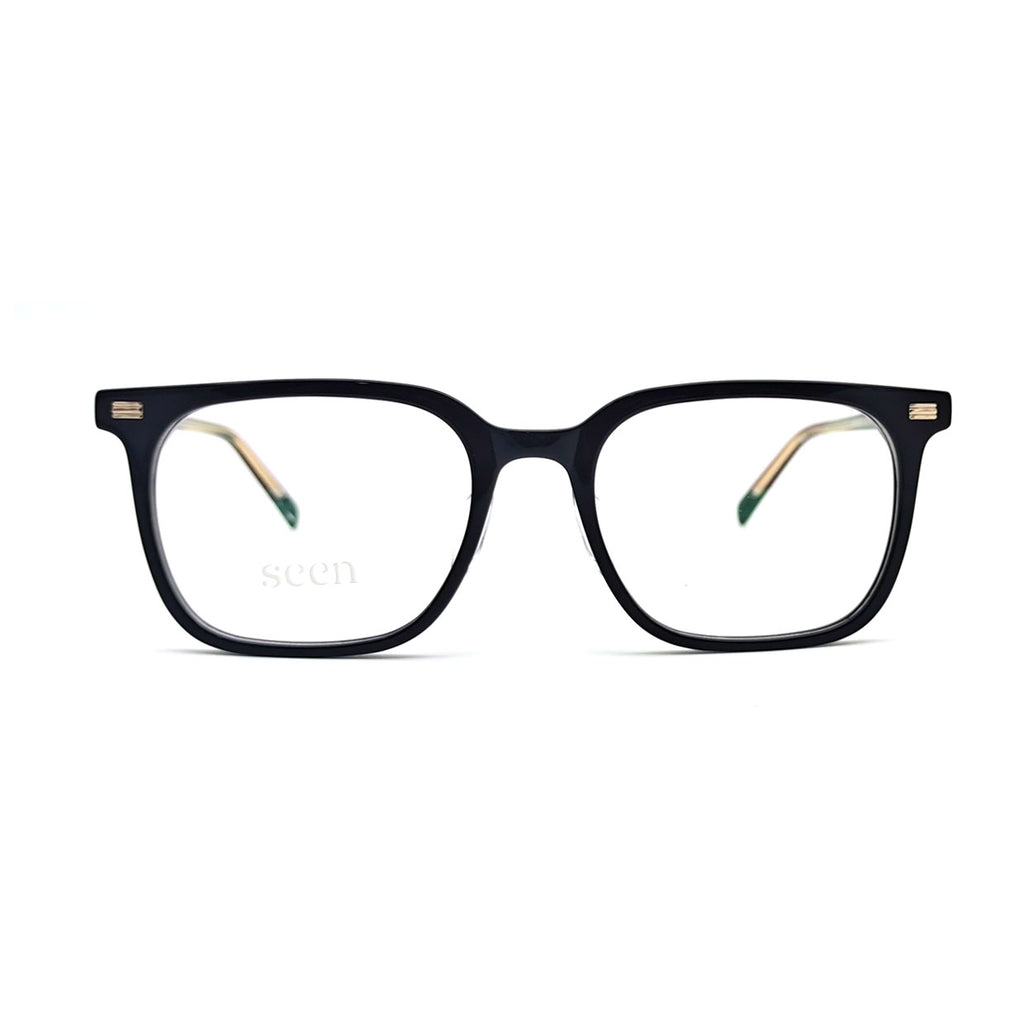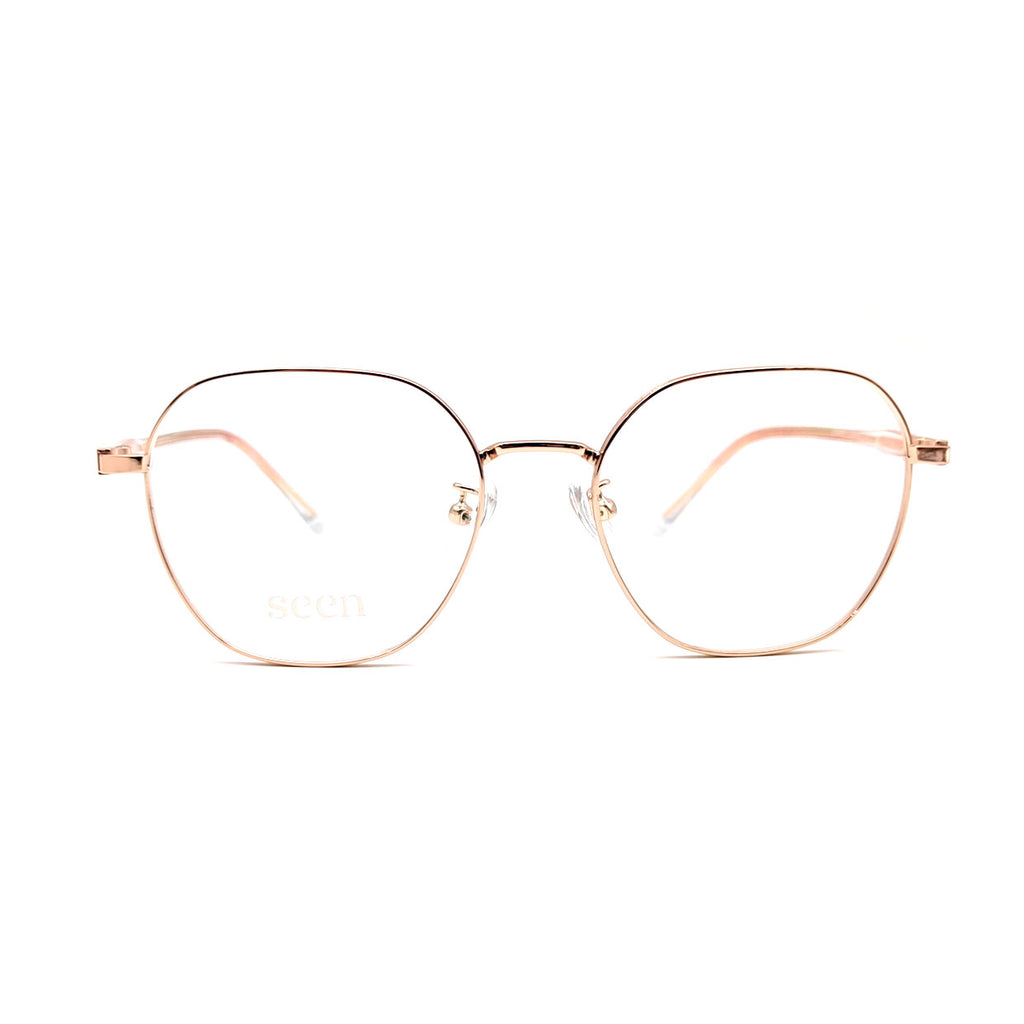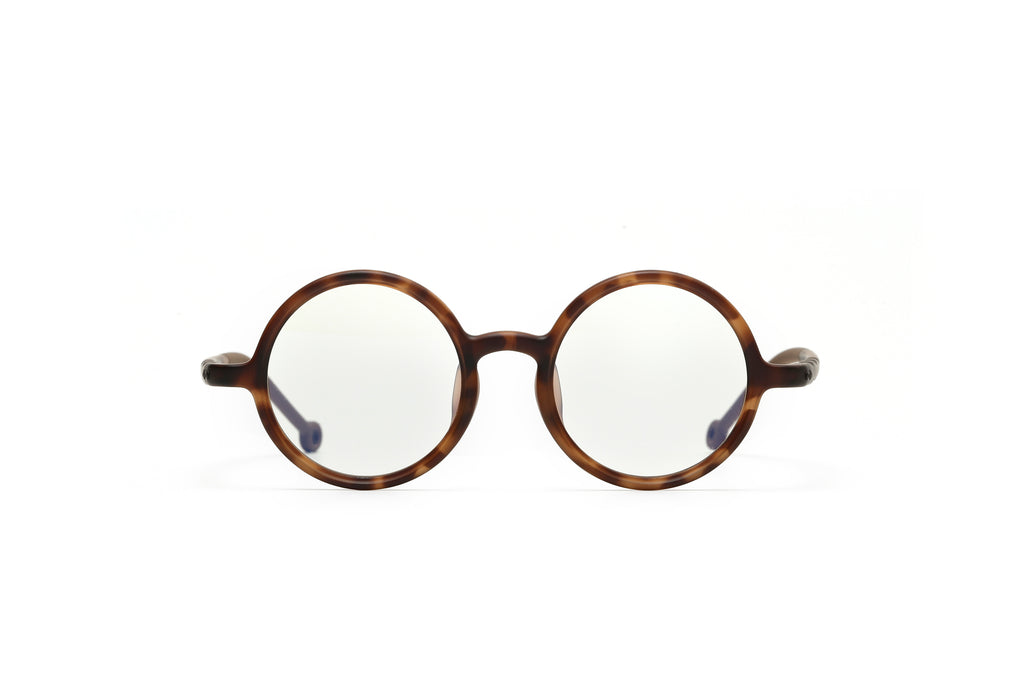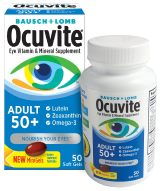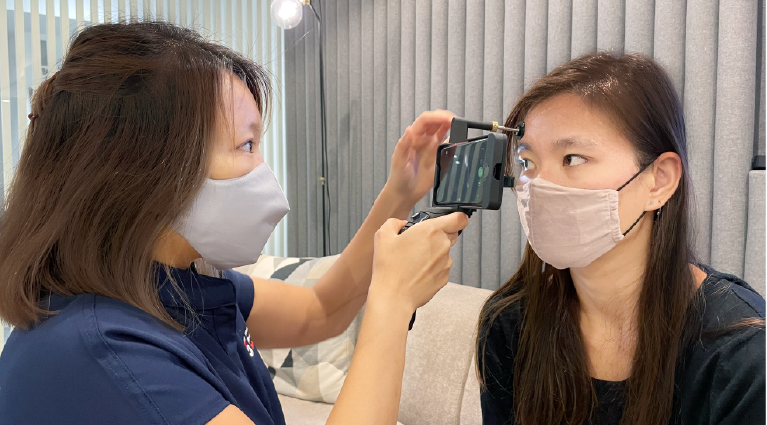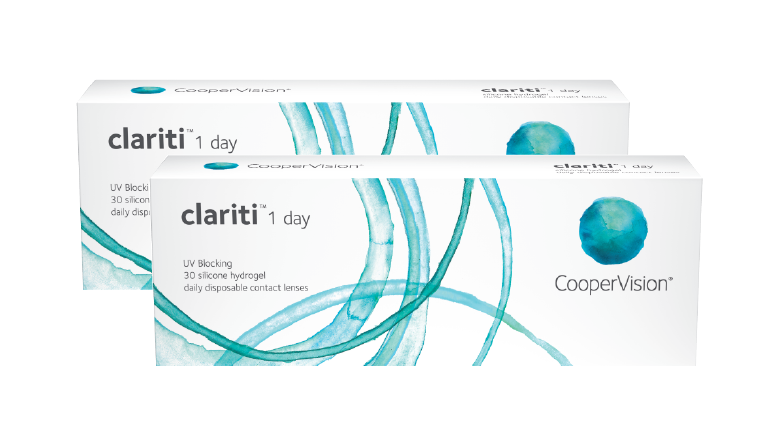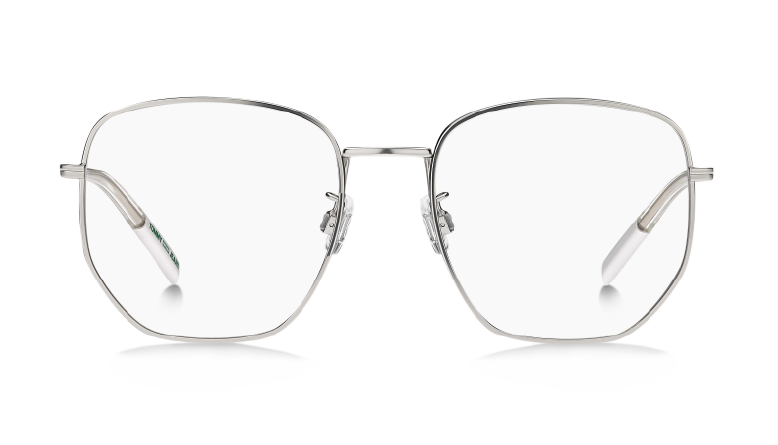
Why delaying your visit to the Optometrist isn't good for you!
Postponing eye care can lead to adverse outcomes, as numerous vision-threatening conditions often manifest without any noticeable symptoms during their initial stages. Unfortunately, due to the current busy and hustling lifestyle, a significant number of individuals do not choose to prioritize their eye health and defer their eye care appointments which could lead to negative consequences for our eyes.
Why shouldn’t we delay getting an eye check up?
Vision decline often occurs silently and progressively, often going unnoticed until significant damage has occurred. Neglecting regular eye care can significantly heighten the risk of unmonitored or unnoticed eye damage, the development of eye-related issues, and eventual vision impairment. This holds particularly true in the case of conditions like glaucoma, where delaying eye care can lead to diagnosing conditions at a more advanced or severe stages of the disease. In the context of glaucoma, elevated eye pressure can undergo rapid changes when eye care is postponed, further exacerbating the condition.
What are the possible risks associated with it?
Certain demographic groups have a higher prevalence of specific eye conditions, underscoring the critical importance of not delaying eye care within these populations. Early detection remains the most effective means to mitigate the risk of severe damage caused by conditions like diabetic retinopathy, glaucoma, and others. Individuals with conditions such as high blood pressure, diabetes, nearsightedness, or farsightedness, as well as those with heart disease, and individuals of African, Asian, or Caribbean descent are at an increased likelihood of developing serious eye conditions. Therefore, timely eye care is paramount in safeguarding their vision and overall eye health.
Comprehensive eye exams serve as the crucial early detection mechanism for these conditions. The more thorough the examination, the earlier potential issues can be identified. Early detection paves the way for timely treatment, and in the case of conditions like glaucoma, this early intervention can make a world of difference. It could mean the preservation of your remaining vision, especially if elevated eye pressure signals the initial stages of glaucoma, potentially allowing you to prevent the disease from progressing further.
Signs that indicate a requirement for an immediate eye check-up:
Eye Pain: Any eye pain lasting over 24 hours warrants an eye doctor visit to identify and treat the problem.
Chronic Redness: Constant eye redness could indicate an underlying issue, so consult your eye care provider.
Persistent Dryness: Dry, uncomfortable eyes might signal dry eye syndrome. Don't ignore it; consult an eye care provider .
Excessive Tearing: Consult your eye care provider if your eyes tear excessively; it may be due to an underlying condition.
Double Vision: Double vision can be benign or a sign of serious issues. Seek immediate attention if it accompanies numbness or paralysis.
Peripheral Vision Trouble: Don't dismiss peripheral vision issues; they may indicate serious conditions like retinal detachment.
How Often Should You Get Your Eyes Checked?
Regular eye exams are crucial for maintaining your eye health, even if you believe your vision is perfectly fine. Some eye conditions may develop without noticeable symptoms, making routine exams the only way to catch them early. This proactive approach is essential, especially for conditions like glaucoma, which can progress unnoticed.
Here's a general guideline for how often you should have eye exams:
Children: Get your child's first eye exam between the ages of three and five, followed by yearly check-ups until they turn 18, regardless of whether they have any eye-related symptoms.
Adults (18-64): For adults in this age range, an eye exam every two years is typically recommended to monitor eye health and update prescriptions as needed.
Seniors (65+): Once you're over 65, it's advisable to visit your eye doctor annually. Age-related eye conditions become more prevalent, and regular exams help detect and manage them effectively.
Special Cases: If you wear contacts or glasses, your prescription may expire each year, necessitating more frequent visits. Additionally, if you have existing eye health concerns or a family history of eye diseases, more frequent check-ups may be necessary.
Remember, the key to preserving your vision is early detection and timely treatment, so don't skip those regular eye exams.
Conclusion:
In conclusion, delaying your visit to the optometrist can have serious consequences for your eye health. Many eye conditions progress silently, making regular check-ups imperative, especially as you age. From dry eyes to glaucoma and more, timely intervention is key to preventing irreversible damage. Our eyes are too precious to ignore, and certain demographics are at higher risk, making early detection even more critical.Don't wait for symptoms to worsen; prioritize your eye care.
Discover our in-clinic eye screening services, conveniently situated at multiple locations in close proximity to your home, offering routine eye-checkups with ease. Bid farewell to extended commutes and embrace the simplicity of seamless eye examinations! You can effortlessly schedule appointments via our user-friendly Visional app. Waste no time – make the preservation of your eye health a priority today!
Our commitment to safeguarding your vision is unwavering, evident in our comprehensive services available. Our accomplished team is dedicated to preserving your eye health, ensuring a lifetime of clear vision.
Do not defer the care of your eyes – reserve your next eye screening via the Visional app and relish the convenience and assurance that comes with entrusting your vision to our proficient hands.
In same category
What is Arcus Senilis also know as Cholesterol Rings ? : A Sign of Aging Eyes
From Metal to Wood: Finding the right pair of glasses
Discover the World of Eyewear Materials: The seemingly simple choice of eyewear frames goes beyond mere aesthetics, profoundly influencing our daily lives in terms of...
The Future of Eye Screenings: VisionPal Studio's Approach to Preventive Eye Care
VisionPal is revolutionizing the world of eye care with the launch of its innovative studio on the 9th of March 2024. Offering a unique blend...
Related by tags
Why delaying your visit to the Optometrist isn't good for you!
Postponing eye care can lead to adverse outcomes, as numerous vision-threatening conditions often manifest without any noticeable symptoms during their initial stages. Unfortunately, due to...

